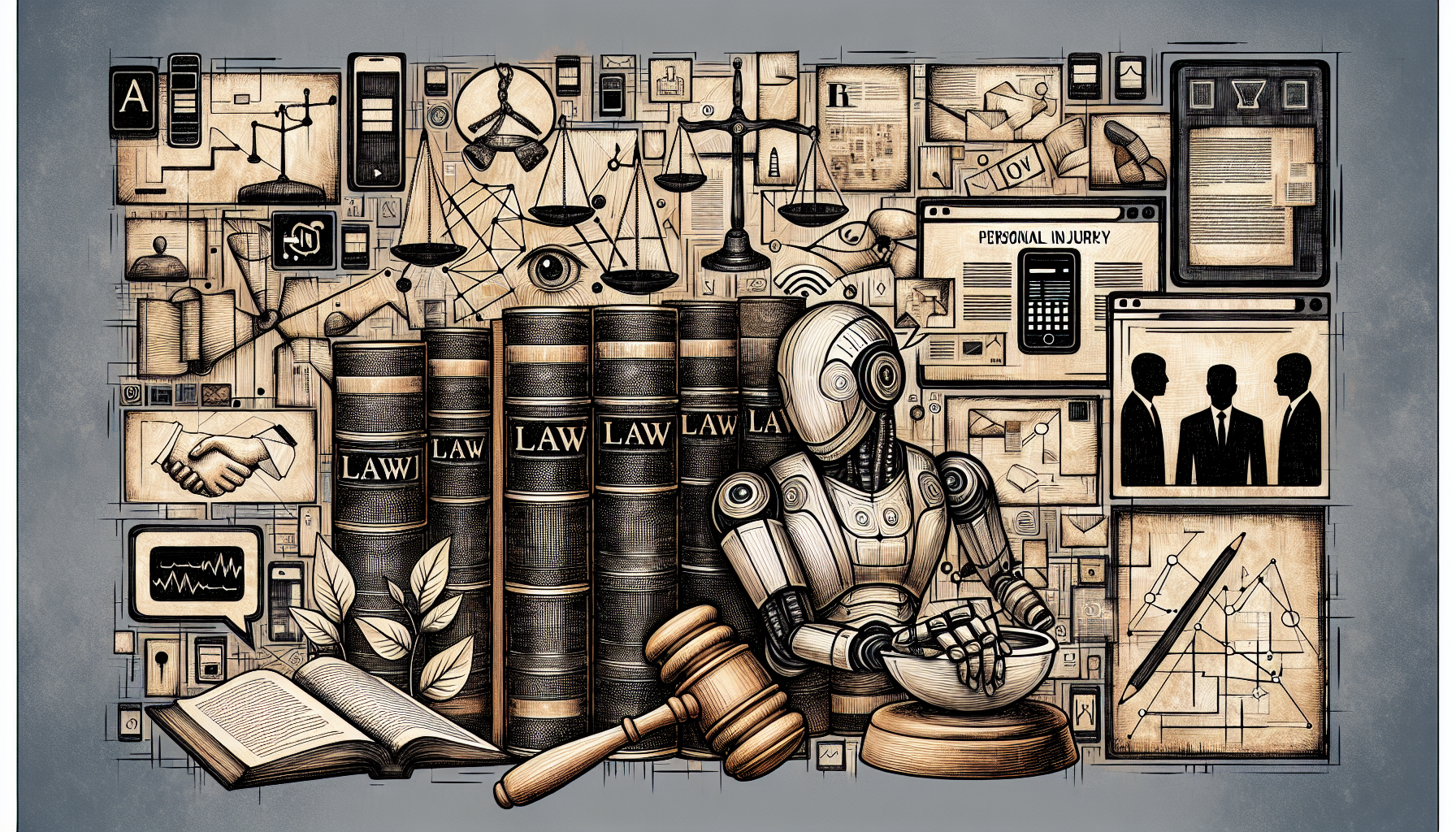
Laying the Groundwork: The Intersection of Charitable Giving and Estate Planning
Charitable giving holds a pivotal role in estate planning, serving both altruistic desires and strategic financial considerations. It provides clients with avenues to support causes they cherish while potentially offering tax benefits. However, incorporating charitable strategies into estate plans poses challenges, particularly for paralegals tasked with research and document preparation. Navigating the complexities of tax laws, verifying the legitimacy of charitable organizations, and ensuring every client’s philanthropic goals are accurately reflected requires a balance of diligence and efficiency.
Paralegals often grapple with time management and access to up-to-date information, underscoring the need for tools that can streamline these intricate tasks. This is where ChatGPT and other large language models (LLMs) present a valuable opportunity for legal professionals.
Harnessing the Power of ChatGPT: A New Era in Legal Assistance
ChatGPT, a state-of-the-art large language model (LLM), has revolutionized the landscape of legal assistance. By leveraging sophisticated algorithms and extensive datasets, ChatGPT offers robust capabilities, transforming how paralegals and legal practitioners execute their responsibilities.
One of the most compelling aspects of using AI in legal practices is the array of benefits it brings to the table:
- Efficiency: Automates mundane tasks, freeing up valuable time for more complex legal work.
- Accuracy: Minimizes human error in document preparation and legal research.
- Accessibility: Provides instant access to vast amounts of information, ensuring current and comprehensive resources are at the user’s fingertips.
By harnessing the power of ChatGPT, legal practitioners can enhance their workflow and provide higher-quality service to their clients. Now, let’s delve into specific applications where ChatGPT can be a game-changer.
Also read:
Turbocharging Research: Finding the Best Charitable Options with ChatGPT
Efficient research into charitable organizations is essential to crafting effective estate plans. ChatGPT can expedite this process considerably by quickly sifting through vast amounts of data to identify the best charitable options based on clients’ preferences and goals.
To leverage ChatGPT for research:
- Generate Comparative Analyses: Use prompts such as “Compare the top five charities focusing on [cause]” to create detailed, side-by-side evaluations.
- Verify Legitimacy: Deploy prompts like “Verify the legitimacy of [charity name] using [relevant source]” to ensure you recommend credible organizations.
- Customized Charity Search: Tailor your search by inputting specific criteria with prompts such as “Find charities based on [client’s interest] and evaluate their impact and ratings.”
This targeted approach not only saves time but ensures that clients’ philanthropic contributions are impactful and aligned with their values. Transitioning from research, let’s explore how ChatGPT can streamline the preparation of estate planning documents.
Also read:
Crafting Comprehensive Plans: Streamlining Document Preparation
Document preparation in estate planning often involves meticulous detail and repetitive tasks, which can be easily optimized using ChatGPT.
Here’s how ChatGPT can assist:
- Initial Drafts: Kickstart document creation by using prompts like “Draft a basic estate plan including charitable giving strategies for a client with [specific needs].”
- Clause Cross-checks: Ensure accuracy and compliance with legal standards by inputting “Cross-check the following clauses for compliance with [specific law/regulation].”
- Automation of Repetitive Tasks: Automate routine components such as “Generate a checklist for the estate planning document preparation process.”
Using these methods, paralegals can significantly reduce the time spent on document preparation while maintaining high standards of accuracy and compliance.
Moving from document preparation, the next area where ChatGPT shines is in enhancing client communication.
Also read:
Client Communication Made Easy: Personalized and Professional Interactions
Effective communication with clients is the cornerstone of successful estate planning. ChatGPT can help paralegals craft personalized and professional communications with efficiency.
Prompts to streamline client interactions include:
- Email Drafts: Create customized emails with prompts like “Draft an email to a client explaining the benefits of charitable trusts in estate planning.”
- Clearing Complexities: Simplify legal jargon for client understanding by asking “Explain the tax benefits of charitable donations in layman’s terms.”
- FAQs Preparation: Generate comprehensive FAQs for clients using a prompt like “List the top 10 FAQs regarding charitable giving in estate planning and provide succinct answers.”
By leveraging ChatGPT for these tasks, paralegals can ensure that their communications are both clear and professional, enhancing client confidence and satisfaction. Up next, let’s explore how to stay updated with legal developments using ChatGPT.
Also read:
Staying Updated: Real-Time Legal Updates and Continuing Education
Keeping abreast of legal updates is imperative for providing accurate and compliant advice. ChatGPT facilitates real-time access to the latest laws and tax implications affecting charitable giving in estate planning.
To maintain current knowledge, consider:
- Legal Summaries: Use prompts like “Summarize the latest changes in tax law affecting charitable donations.”
- Continuing Education: Generate educational content with “Provide a brief overview of emerging trends in estate planning and charitable giving.”
This approach ensures that legal practitioners stay informed and continue to provide relevant and effective advice to their clients. Nonetheless, employing AI also requires careful ethical considerations.
Also read:
Ethical Considerations: Navigating the Responsible Use of AI
As AI technology becomes an integral part of legal practices, ethical considerations come to the forefront. Responsible use of ChatGPT involves ensuring client confidentiality and data security.
Key ethical practices include:
- Data Privacy: Utilize encrypted channels and secure storage for sensitive information.
- Client Confidentiality: Ensure all AI interactions adhere to confidentiality agreements and legal standards.
- Transparent Usage: Clearly communicate to clients when AI tools are utilized in their case preparation.
Adhering to these ethical guidelines ensures the responsible use of AI in legal practices, maintaining trust and integrity. Looking forward, let’s discuss the future of AI in estate planning.
Also read:
Future Outlook and Continuous Improvement: Staying Ahead of the Curve
The role of AI in estate planning is constantly evolving, offering fresh opportunities for increased efficiency and improved client service. As technology advances, continuous learning and adaptation are crucial for legal practitioners.
Embrace ongoing education and stay abreast of technological advancements to remain competitive and effective in employing AI tools like ChatGPT. By doing so, you can harness the full potential of these innovations to enhance charitable giving strategies in estate planning, ensuring both precision and excellence in service delivery.


